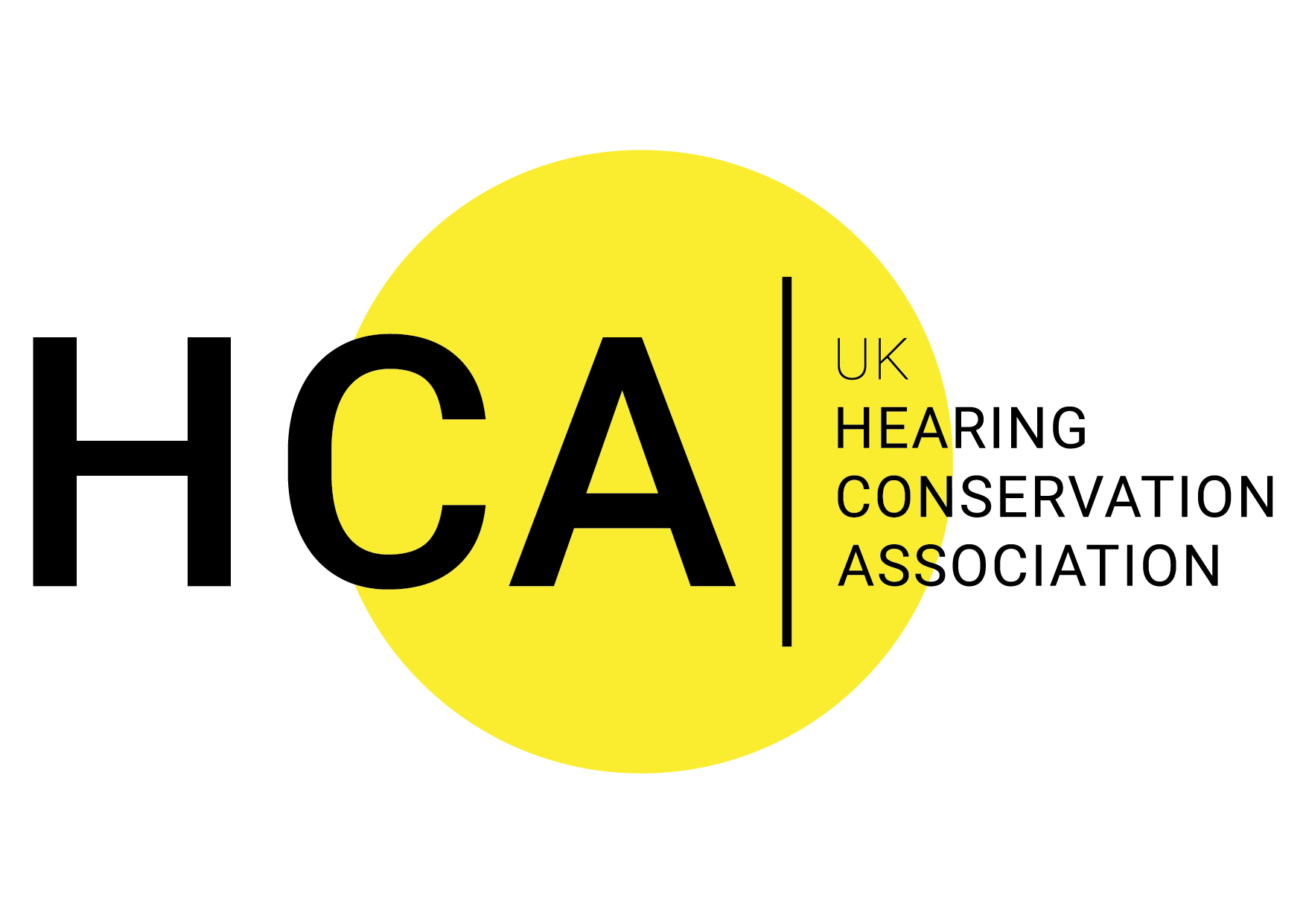Noise Control Best Practice
There are obvious benefits if noise levels can be reduced to below 85dB(A) or 80dB(A) as the hearing protection requirements are reduced. However, the benefits of reducing higher noise levels by a few dB, even if still well above 85dB(A), are not so well understood.
The current regulations state that PPE becomes advisable for a noise dose of 80dB(A) and mandatory at 85dB(A). A 3dB increase in noise level represents a doubling of the noise energy entering the ear and hence a doubling of the risk to hearing (which is directly proportional to the noise energy). Consequently, exposure to 103dB(A) represents double the risk to hearing compared with exposure at 100dB(A).
The corollary of this is that, even if noise levels cannot be reduced to below 80dB(A) or 85dB(A), every 3dB reduction halves the risk to hearing. Hence, noise control is highly worthwhile even if the resultant noise level still requires the use of PPE.
Across industry, the attitude to noise control is still largely predicated on high cost conventional palliatives such as enclosures, guarding, barriers and silencers. These not only have high capital costs, but will often have a negative impact on operational costs. Hence industry may not be keen to implement what they see as costly impositions, better dealt with by the use of PPE – despite that fact that the noise regulations specifically state that PPE cannot be used for long term mitigation unless you can prove that noise control is impractical.
There is, however, a host of low cost engineering noise control techniques and solutions now available. Several of these can actually improve productivity or reduce running costs, making them self-financing. These constitute current best practice for many common noise problems, but they have not as yet been disseminated widely.
For example, a set of simple, low cost engineering noise control solutions to common problems has been made available for free use by the INVC. These are in our Top 10 Noise Control Solutions.
Noise at Work?
Find list of resources to help you
Music and Entertainment
Resources for those who work in the Music and Entertainment sector.
Headphone Use
Find out how to protect your hearing



